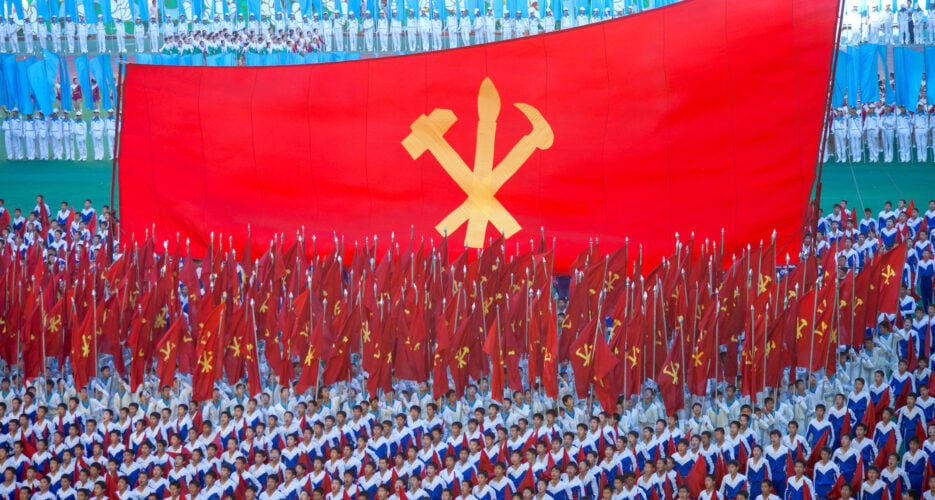During the pandemic, North Korean propagandists have revitalized the term communism in official rhetoric, marking a shift in the country’s discourse after “socialism” or “our style socialism” became the customary post-Cold War way to refer to its socioeconomic system.
On the one hand, this sudden revival signals a push to strengthen ideological control over citizens amid the upheavals of the pandemic. At the same time, it appears to highlight something DPRK scholars and analysts may be inclined to minimize: a genuine desire by North Korean leaders to move back toward a Soviet-style planned economy.
During the pandemic, North Korean propagandists have revitalized the term communism in official rhetoric, marking a shift in the country’s discourse after “socialism” or “our style socialism” became the customary post-Cold War way to refer to its socioeconomic system.
On the one hand, this sudden revival signals a push to strengthen ideological control over citizens amid the upheavals of the pandemic. At the same time, it appears to highlight something DPRK scholars and analysts may be inclined to minimize: a genuine desire by North Korean leaders to move back toward a Soviet-style planned economy.
Become a member for less
than $5.75 per week.
Unlimited access to all of NK News: reporting, investigations, analysis
The NK News Daily Update, an email newsletter to keep you in the loop
Searchable archive of all content, photo galleries, special columns
Contact NK News reporters with tips or requests for reporting
Get unlimited access to all NK News content, including original reporting, investigations, and analyses by our team of DPRK experts.
Subscribe now
All major cards accepted. No commitments – you can cancel any time.













